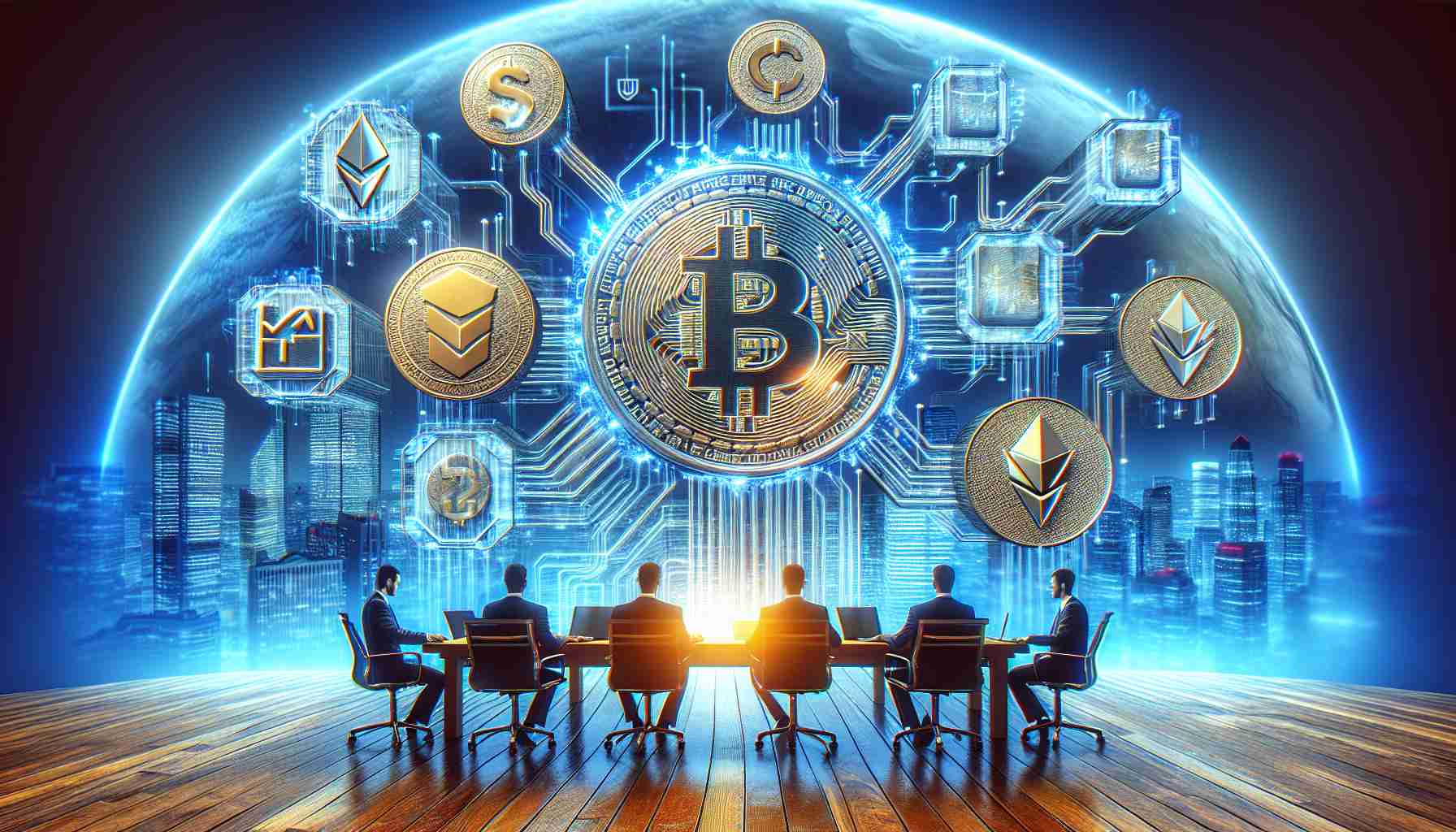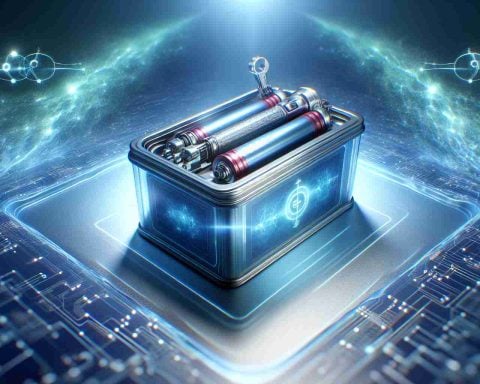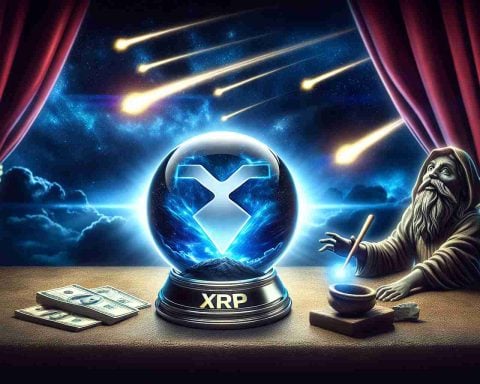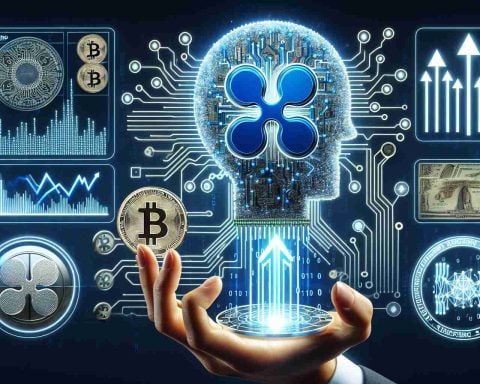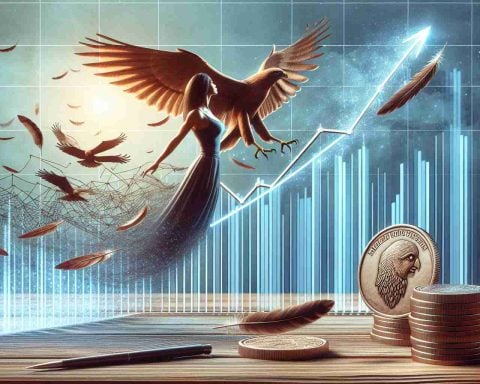- A gold-wrapped Cybertruck in Massachusetts attracts attention and hostility, highlighting societal reactions to Tesla.
- Vehicle owner Kumait Jaroje experiences harassment, attributing it to Tesla’s association with polarizing figure Elon Musk.
- The hostility manifests in various forms, from rude gestures to vandalism, causing unease for the owner and his family.
- Jaroje’s attempt to trade the Cybertruck in for peace is unsuccessful due to Tesla’s inventory challenges.
- The situation raises broader questions about personal choice, consumer responsibility, and public safety.
- The narrative illustrates how personal decisions like purchasing a vehicle can become entangled in societal and political discourse.
A gold-wrapped Cybertruck gleams brilliantly as it cruises down the streets of Massachusetts, a true head-turner in every sense. Yet, for Kumait Jaroje, the vehicle far from symbolizes triumph. Instead, it has become a magnet for unwanted attention and hostility. Vividly, harassment rears its ugly head from scowls cast on mundane commutes to the brazen middle fingers flung from passing vehicles. This recent wave of animosity stems from accusations leveled against Tesla for fostering an uncomfortable political climate under the watch of its easily polarizing frontman, Elon Musk.
Such incidents seem to unfold at breakneck speeds, leaving Tesla owners like Jaroje grappling with a sense of unease. A lingering cloud of disdain manifests most tangibly in crude acts, such as the sticker plastered uninvitingly on Jaroje’s Cybertruck. His family’s discomfort echoes louder than revving engines, prompting the cosmetic physician to attempt the improbable: trading in the very symbol of their distress at a Tesla exchange. His efforts, however, were thwarted. With Tesla grappling with existing Cybertruck inventory woes, trade-ins were reportedly off the table.
This vexing issue raises questions about the intersection of personal choice, consumer responsibility, and societal reaction. Do these actions encroach upon more than just personal gripes, leaping into the realms of public safety as vehicles become unintentional battlegrounds? As debates echo across social media and backyards alike, a clear takeaway forms: personal decisions, such as purchasing a vehicle, increasingly entangle in broader narratives. Yet, trading symbols for serenity remains just out of reach, tangled in a complex web of business logistics and moral discourse.
The Gold-Wrapped Cybertruck Controversy: A Reflection of Public Sentiment Toward Tesla
Polarizing Symbols on the Road
A gold-wrapped Tesla Cybertruck recently became a symbol of controversy and unwanted attention in Massachusetts. What started as a personal choice by the owner, Kumait Jaroje, quickly turned into a social lightning rod, drawing negative reactions related to Tesla’s association with Elon Musk. This situation highlights the broader public sentiment toward the automaker and its CEO, sparking discussions that extend beyond personal ownership to societal attitudes.
Tesla’s Cultural Impact: More Than Just Cars
Tesla is no longer simply a car manufacturer; it has become a part of a cultural dialogue surrounding technology, innovation, and polarizing issues. The association of the brand with political and cultural tensions is notably linked to the public persona of its CEO, Elon Musk.
– Elon Musk’s Influence: Elon Musk’s outspoken views and actions, such as his handling of Twitter and other high-profile ventures, affect public perception of Tesla. His influence can polarize opinions, affecting not just the company’s image but also individuals who choose to drive a Tesla vehicle.
– Technology and Politics: Musk’s ventures often straddle the line between technology and politics, encouraging conversations about the role of technology in shaping future societies. This intersection can lead to vehicles like the Cybertruck becoming symbols in these larger cultural wars.
Societal Reactions and Safety Concerns
Incidents like those experienced by Jaroje bring to the forefront questions about consumer responsibility and societal reaction. Is owning a Tesla more than just buying a car? Does it involve navigating complex societal landscapes where technology and personal choices carry broader implications?
– Public Safety Concerns: As personal vehicles become symbols of broader narratives, they also become potential sites of conflict, raising concerns about public safety for drivers and those around them.
– Moral and Ethical Questions: Consumers must grapple with moral and societal implications of their purchases, a challenge illustrated by Jaroje’s intent to trade his Cybertruck due to discomfort over public perception.
Tesla’s Inventory and Business Challenges
Efforts to trade in the Cybertruck were hindered by Tesla’s existing inventory issues. This incident underscores business logistics impacting individuals at a personal level:
– Inventory Challenges: Tesla’s focus on expanding production capacity can sometimes lead to inventory shortages or surpluses, which affects the company’s ability to facilitate exchanges or trade-ins for its customers.
– Market Dynamics: The company’s production and supply strategies are closely scrutinized, influencing both the market’s response to electric vehicles and their widespread adoption.
The Future of Personal Mobility and Societal Narratives
The situation surrounding the gold-wrapped Cybertruck is more than a curiosity; it reflects broader societal narratives that influence future mobility and technology adoption.
– Sustainable Mobility: Despite controversies, Tesla remains a central player in the transition to sustainable and innovative transportation, influencing urban planning and infrastructure development.
– Cultural Shift: As electric vehicles become more prevalent, the cultural implications of owning such vehicles will evolve, shaping societal attitudes towards personal mobility and technological progress.
For more information about Tesla and its latest updates, visit the official Tesla website.
In conclusion, while the gold-wrapped Cybertruck draws attention, it also ignites discussions about personal choice, societal reaction, and the broader consequences of technology and innovation in shaping future societies.






